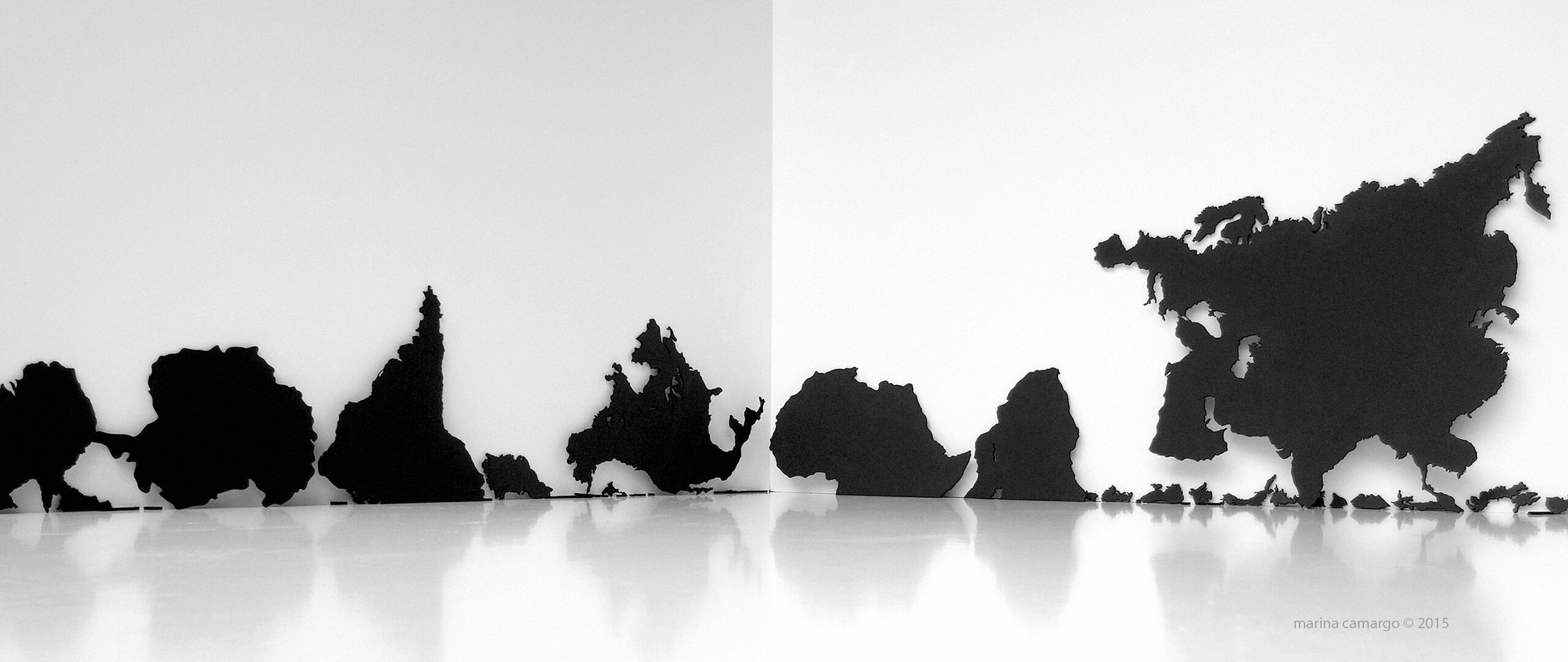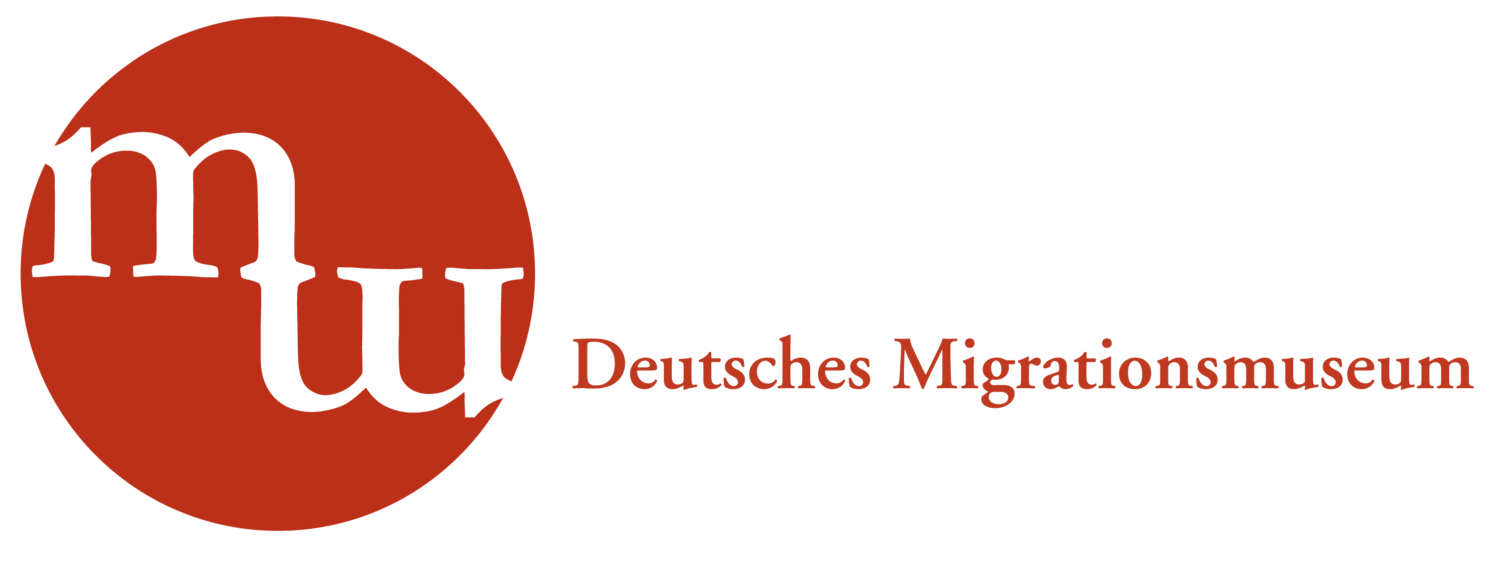
Presse
Brazilian living in Berlin creates a virtual museum about migration (Published in rfi & Nossa UOL, 08.05.2021)
Author: Cristiane Ramalho
Translation into English: Laura Gröbner Ferreira
Amid the pandemic, cultural manager Suely Torres created the German Museum of Migration. Digital and for free, the project wants to spark a reflection about what it means to be a migrant.
The German Museum of Migration, or Deutsches Migrationsmuseum (DMM), is a virtual space created to show who migrants are and what they think. Its archive is formed by video testimonies in which the interviewed retell their different trajectories – without intermediation.
The Brazilian Suely Torres, who founded the museum and is responsible for its curation, explains that she wants to continuously expand this digital archive. The objective is to deconstruct stereotyping views of strangers – not only in Germany but everywhere since the platform is open to all.
“Anyone from anywhere in the world can access and get to know these narratives and reflect on who these people are”, Suely says. That is also why the videos are subtitled in English and German.
At the digital museum expressions like “assimilation” or “integration” – frequently used by German politicians when asked about the “migrant question” – have no place. The idea is to give voice to the migrants themselves.
The platform presents for example the statement of actor Welket Bungué, who is the protagonist of the movie “Berlin Alexanderplatz”, exhibited in the international film festival Berlinale in 2020. Born in Guinea-Bissau, Welket moved as a child to Portugal and has also lived in Brazil. Nowadays he lives in the German capital. He recounts that he didn’t want to integrate into the German culture: he prefers to look at Germany as “another territory that is part of this planet, of this globalized world”.
The Brazilian activist Sandra Bello on the other hand gets right to the point in her testimony: “As a black woman it feels like I migrated two times. Because we black people, in our own birth country, we are strangers there. We don’t have a complete citizenship there, we are not recognized as part of that state.”
For Sandra, Germany is “the birthplace of the patriarchy and of racism”: “With this ‘pseudo aryan supremacy’ they’ve constructed this narrative that is hegemonic in the world nowadays and creates a hierarchy between peoples. Everything that’s not white, aryan, is ugly“, she says.
The pandemic is helpful – but also not
After being a dream for a decade, the DMM was launched at the end of December [2020] amidst the corona virus pandemic. But overall that was a good thing: “We launched at the height of the pandemic and the resonance was great. The people are much more online – there is no other option in this confinement.”
If on the one hand it brought more clicks, the health crisis also hindered the workflow that follows a strict hygiene protocol. “The production rhythm has been diminished”, the Brazilian admits. Before the interviews everybody must do a covid-19 test – even the interviewed person: “It’s more expensive and more preoccupation, but we are extremely careful”.
The project counts on four collaborators, all of them Brazilians, that help with the video production. Suely herself curates it and in order to create the museum she researched similar projects all over the world and eve did a residency at the Museu da Pessoa, another virtual museum in São Paulo.
The perspective of a Syrian refugee
The plans are ambitious. With a “decolonial and more humane” perspective, the Brazilian wishes to transform the platform into a space for discussion about migration. She explains that: “We want to host exhibitions and work on museum pedagogy to bring it into schools, to educate children, young people and their families, as well as the teachers and through it bring this form of thinking into society”.
In a country that adopted a welcome policy towards the asylum seekers in the middle of the refugee crisis and that attracted a large migratory wave, this topic is more than relevant. One of those new arrivals was the Syrian refugee Ibrahim Al-Hussein, the protagonist of Karim Aïnouz’s documentary movie “THF: Central Airport”.
While talking about his story with the museum, Ibrahim recounts that he learned in Germany “that everybody can live together, especially in Berlin”, where there are so many people from “different cultures, countries, languages”.
Suely, who saw firsthand the changes in the country in the last few decades, thinks that it’s about time for Germans to expand their personal boundaries that impair the contact with those who come from outside. “In order to have a dialogue you have to know your own place and that of the other. Like (the philosopher) Vilém Flusser says, every migrant is a window into another universe.”
Strangers in their own country
After graduating with a literary degree in Brazil, the woman from Recife migrated to Germany in 1988 to complete a master’s degree in literature. Suely knows the German capital like few others – for years now she explores and captures the city in photos with her trained eye.
In the last few decades she collected unique experiences by working in cultural projects that lead her to meet important figures such as Fernanda Montenegro, Caetano Veloso and Gilberto Gil. Even so she found the time to do a bachelor’s degree in Social and Cultural Anthropology that she is about to finish.
On the eve of the fall of the Berlin Wall, on the 9th of November of 1989, she was in the city. Without thinking twice she grabbed her bicycle and rushed to see the historic moment herself. “I’ll never forget the people tearing down the wall, hugging without knowing each other, it was crazy”, she remembers.
Ecstatic weeks followed: “A lot of Germans that went to the western side didn’t believe it was real. They brought their most valuable things”. Suely remembers how a few of them experienced prejudices after crossing the border: “These are invaluable stories. They spoke the same language but lived in two different territories, two different countries. That’s the reason I still want to interview these people.”
“Beginnen ist nicht nur eine Art von Handlung. Es ist auch eine Geisteshaltung, eine Art von Arbeit, eine Einstellung, ein Bewusstsein.”
-Said
